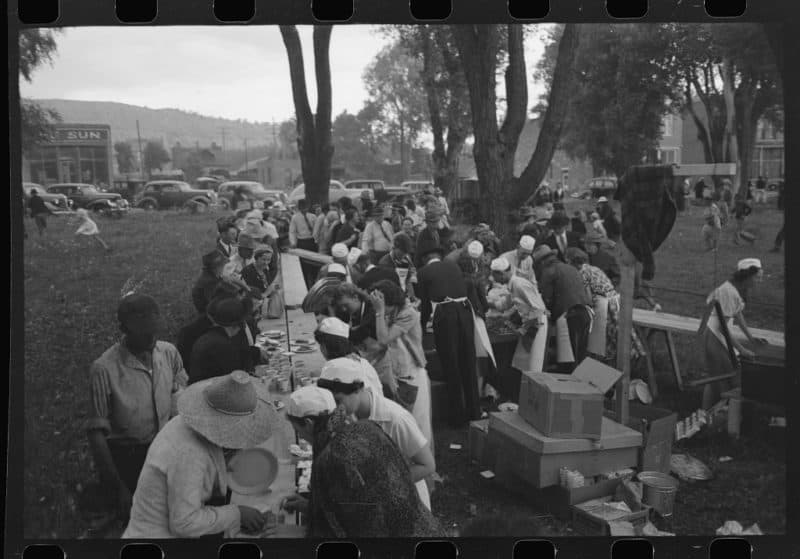When I was ten, we moved to a dusty South Australian town for my dad’s work, and my mom got a job as a psychologist at the local hospital. Every day she talked about the familial abuse victims she saw. According to her, the socialist system in Yugoslavia was better, because the government could just step in and take away kids who were being abused, or women who were being beaten.
My dad would snap back that the socialist experiment wasn’t exactly working back home, and he’d gesture to the TV, which every night played footage of people dying in the Yugoslav wars.
I was the new kid with the accent and my strategy was to avoid ridicule by being invisible. There were other foreigners in this town, but we were the only Serbs, and according to the news, the Serbs were the bad guys. I didn’t mention where I came from, for fear that kids would put me in the same basket as the war criminals on TV, even though my parents supported the opposition.
My mom made a friend at work, a psych nurse called Tom. Tom had a family with six kids and we were going over for a barbecue on the weekend. This should be interesting—said my parents, who saw themselves as European intellectuals, out of place in this backwater where kangaroos were road-kill and the earth was reddish brown.
The oldest kid in Tom’s family was Adam, a year my senior but shorter than me (I was an early bloomer.) Adam’s biological dad showed up on a motorbike just after we arrived and joined the party. He had a glass eye, and I overheard him trying to pronounce my parents’ names.
As it got dark, the adults prepared the barbecue while the younger kids played, keeping a distance from the big, biting bull-ants, and Adam asked if I wanted to do a staring competition.
Last time someone had come up close to my face was at school the week before.
I stood on the periphery of a group of girls when a cute boy yelled “chuck us the ball,” which had rolled by my feet. I threw it, too hard with my pre-pubescent monster strength, and it hit him in the chest. He pinned me down on the concrete, to beat me up. His face was right up near mine, closer than any stranger’s face had been, almost as close as the people kissing in films my family loved to watch, old films like Casablanca, that we’d carried on videocassettes across the world. I kneed him in the balls.
Now, Adam stared at me up close. He had green eyes, like his dad, whose real eye and glass eye were both green. He had shiny black hair like his Indian-Australian mom. I smelled meat on the barbecue. My heart was beating in my ears, and my recently-appeared boobs tingled.
He put his lips on mine and we stood there; me bending slightly at the knees, face flushed, heart leaping: feeling welcome for the first time. The little kids noticed us and shrieked, and we stepped back, blushing, and joined in their game. We ran, swinging our arms around like windmills, my sweat smelling sour; turning, from childish to pubescent. We ran and screamed like small children, so immature that my parents looked at me and said, “What’s got into you?”
How could I answer that? In my head, all I was doing was kissing and kissing.
The Kiss is a bimonthly series curated by Brian Turner.
The Kiss: Intimacies from Writers is available from Norton in February 2018.
